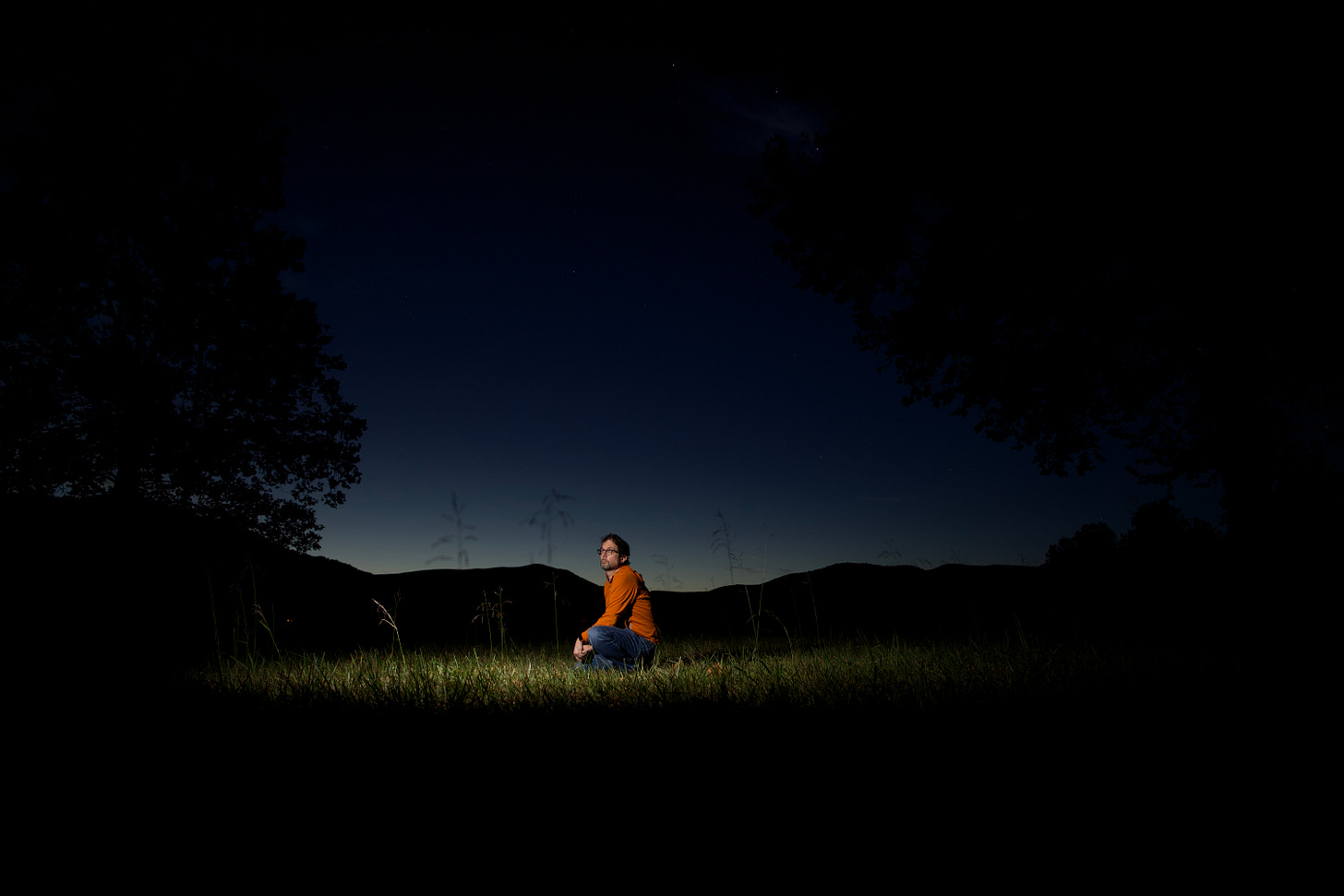Earlier this weekend, I found myself outside of a bar with a friend. As we stood outside on the sidewalk, we remarked how funny it is to see all the people out, walking around, going to one place after another, clearly anticipating a great night ahead.
“I remember what that used to be like — that excitement,” I said. “Sure, it was just a bar or a club we…




